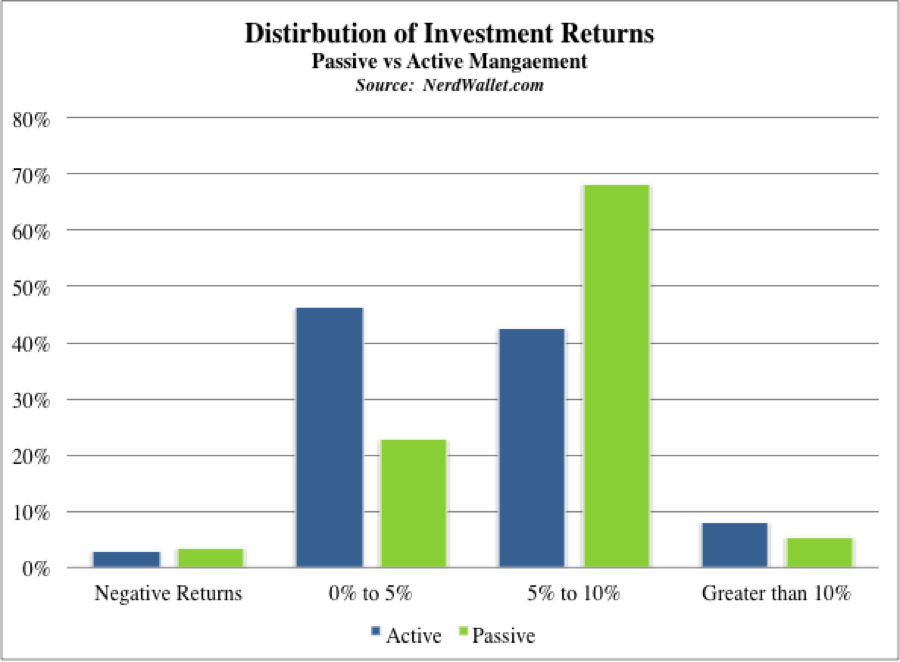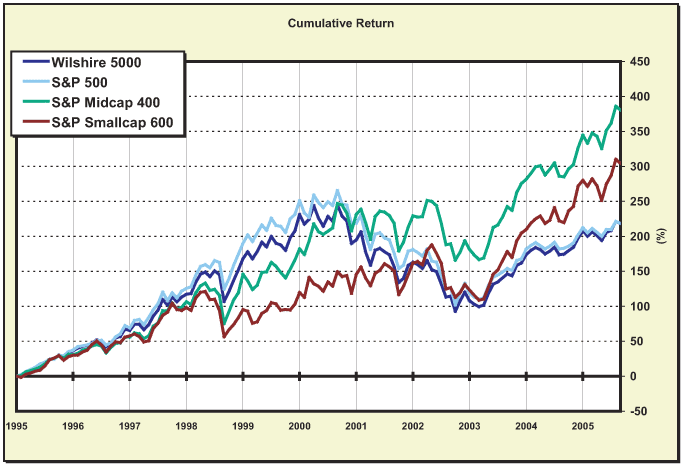Comparing the Performance and Tax Advantages of Index Mutual Funds v ETFs
Post on: 7 Апрель, 2015 No Comment

A reader e-mailed me an interesting article about index funds from todays Wall Street Journal entitled A Close Race, a Surprising Finish. Its only available for 7 days, after that a subscription is required.
The basic idea was to try and compare after -tax returns of index mutual funds and index ETFs, due to the often-touted tax-advantages of ETFs. The article summarized these theoretical benefits well:
The tax-related advantages of ETFs stem from their unique structure. ETFs are created when securities brokerages or specialists assemble baskets of stocks that match an ETFs underlying index and exchange them with the fund for ETF shares that the brokerages can either hold or sell to small investors. These ETF shares can be bought and sold any number of times without the underlying stocks they represent being touched. When the brokerages opt to take ETF shares off the market, the fund hands over stock, rather than cash. This allows the ETFs to avoid selling their underlying stocks to accommodate investor traffic.
(This explains why many mutual funds have purchase or redemption fees to discourage active trading, while ETFs can be bought and sold all day long.)
For this study, commission costs for both were assumed to be zero. So who won?
Big, low-cost index funds from Boston-based Fidelity Investments and Vanguard Group Inc. Malvern, Pa. outperformed the ETFs in most of the comparisons we set up. For the 40 time periods studied, the mutual funds prevailed in 34 including a sweep of the one-, three-, and 10-year after-tax categories.
Why is this?
The lesson for small investors: Whatever structural differences ETFs may have in the way of tax advantages, other factors such as a funds expense ratio and management philosophy can be equally important in determining performance in the competitive index-tracking business.
ETF tax advantages pertain, by and large, to capital gains, not dividend distributions. And, as noted, ETFs almost never sell their funds underlying securities, so capital-gains taxes are rare But S&P-500 index mutual funds are pretty efficient, too. They dont trade holdings as often as mutual funds run by stock pickers, so they rarely distribute capital gains either.
The lack of significant tax advantages for index ETFs is especially true in the case of Vanguard ETFs and mutual fund equivalents. as they are just different share classes of the same investment holding. I believe Vanguard does this so they can use the ETF side to keep their taxable events to a minimum, benefiting the mutual fund costumers as well. Here, the only difference in raw performance should be due to the different expense ratios.
Management philosophy? Why does this matter in an index fund? Well, this is another area that may surprise some it takes skill to manage an index fund. A good index fund manager can eek out a few more basis points of return. From the article:

In addition, tactical moves by index-fund managers can boost results. While an index fund should, in theory, trail its benchmark by at least the amount of its expense ratio, fund managers can reduce at least some of the cost through techniques such as lending out the funds underlying stocks for payments, and buying stocks ahead of anticipated additions to their index.
From Vanguard:
Not all index fund managers have equal skill in tracking target benchmarks. Skilled managers may, for example, be able to minimize the transaction costs associated with managing the portfolio.
Vanguard and Fidelity both seem to be adept managing index funds well. Here is an article from Efficient Frontier (see, I told you it has some good stuff.) that discusses this further, calling it transactional skill. as opposed to stock selection skill.
This article is intended for people who have already decided that index funds are best for them, and they are just wondering how to best implement it. As the title says, it was a close race and there was no runaway winner. This is important! Its unlikely youll end up in the poor house due to picking over the other.
Now, if you do want to optimize, the article indicates that while low expense ratios, structural tax advantages, and good management are all important, any one by itself wont guarantee the absolute best performance. You have to find the best combination of all three, as well as consider things like fees, commissions, and minimum balance requirements.














